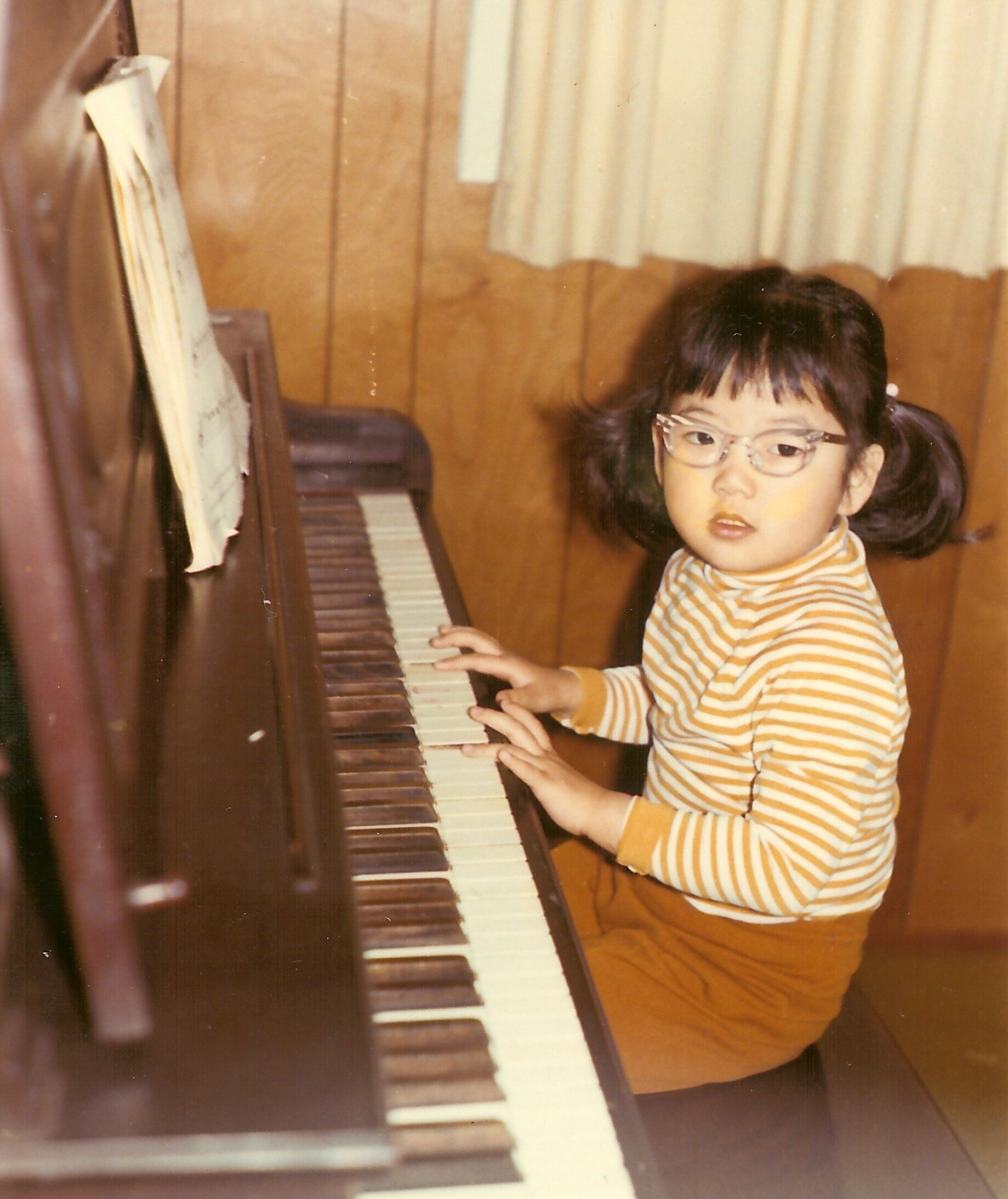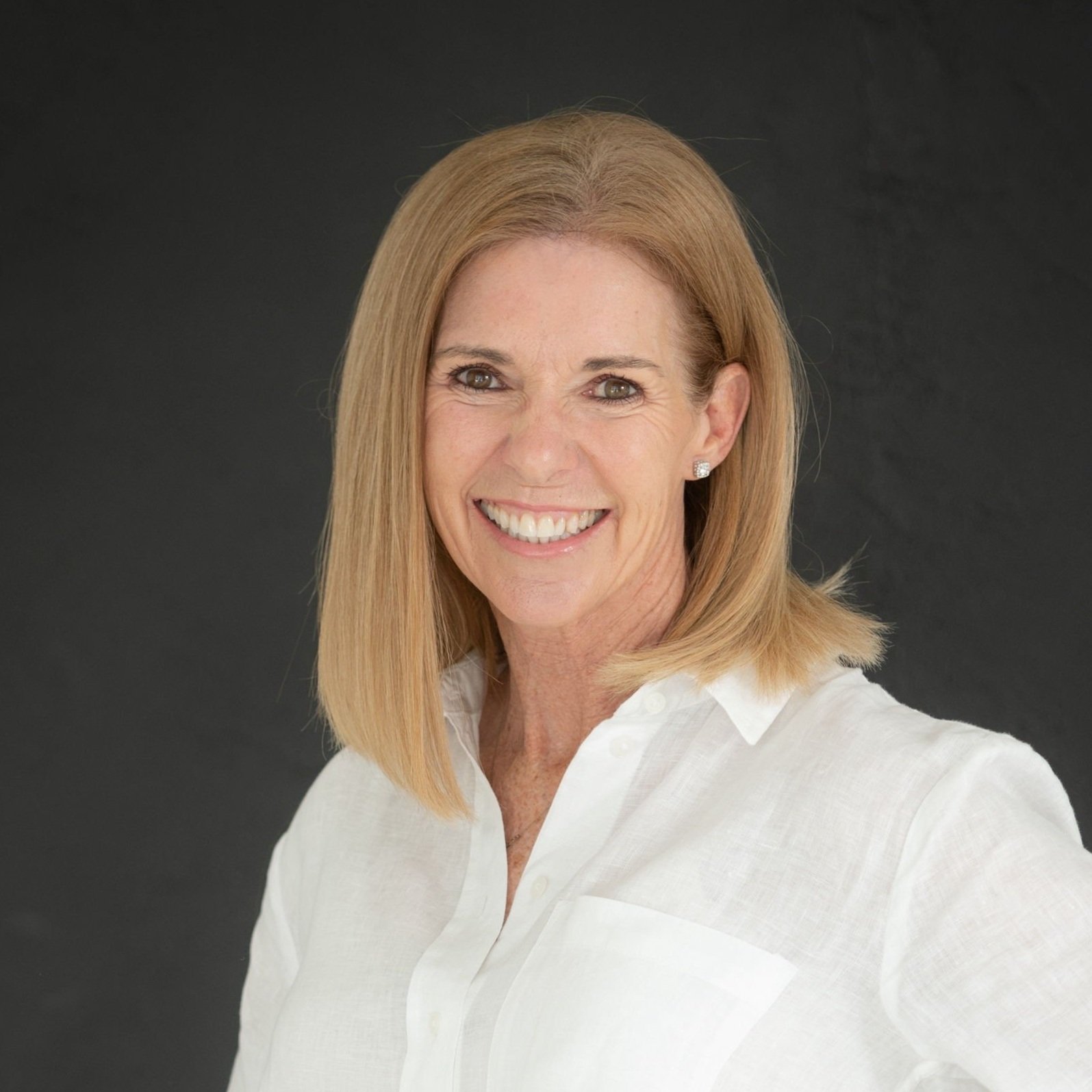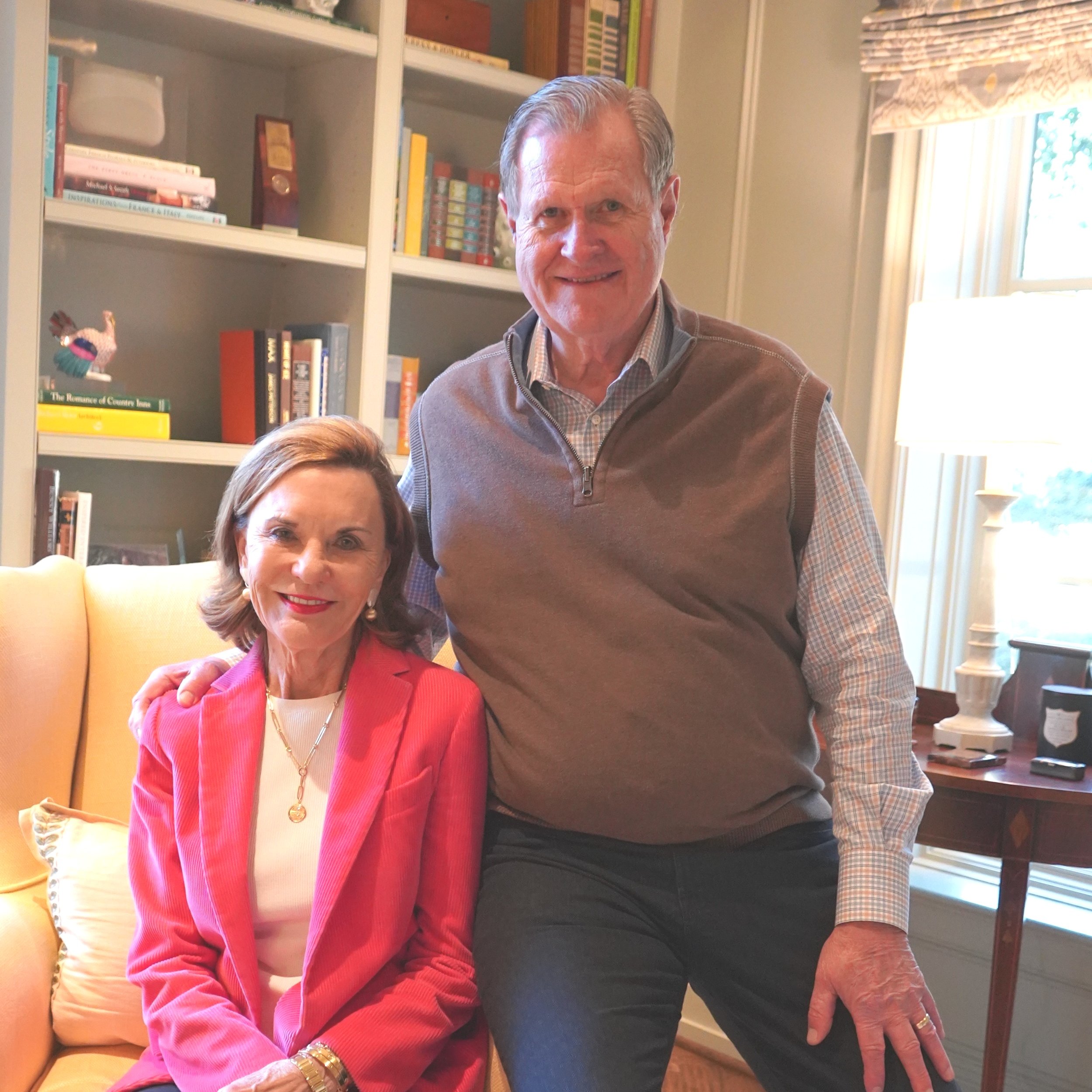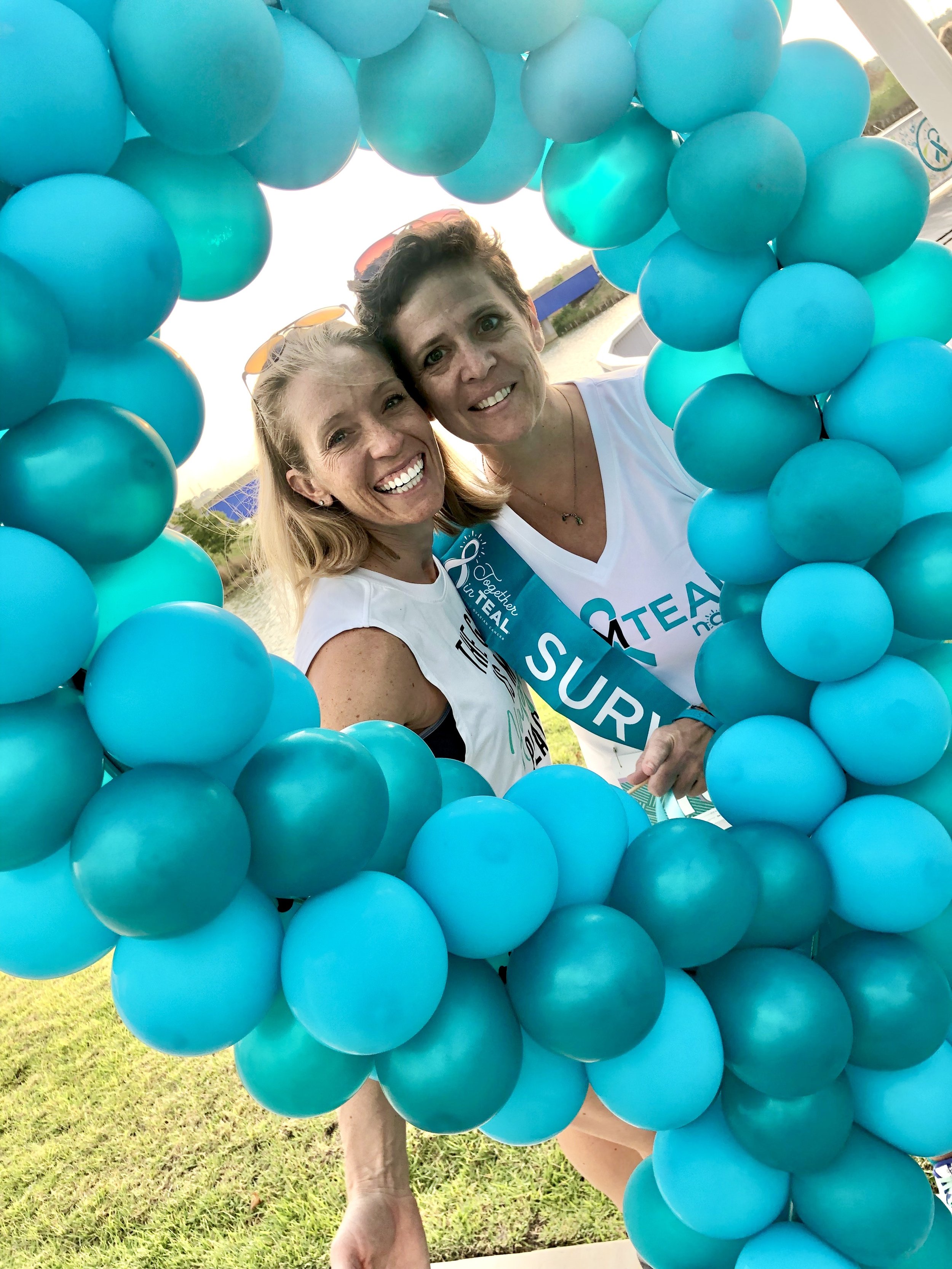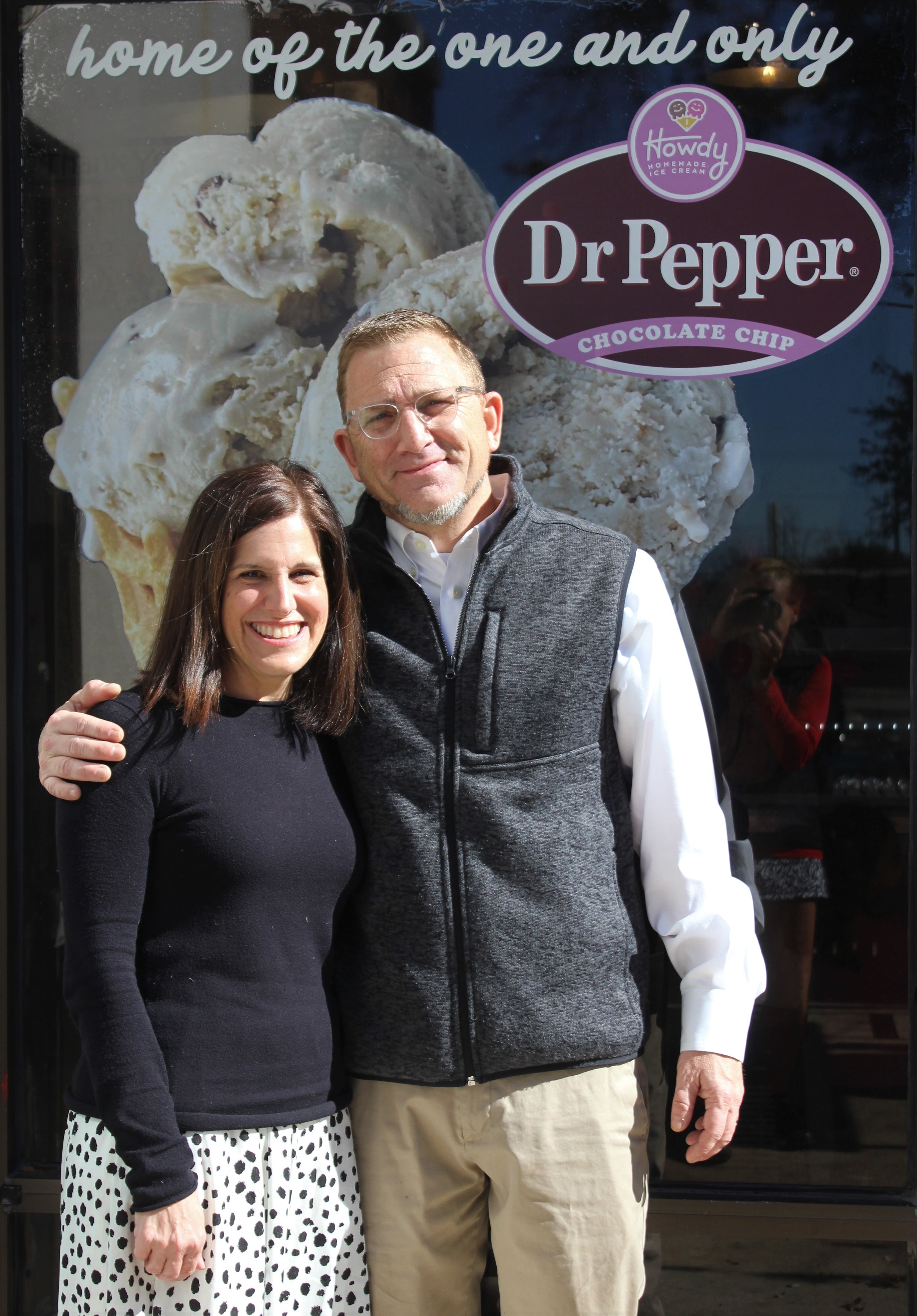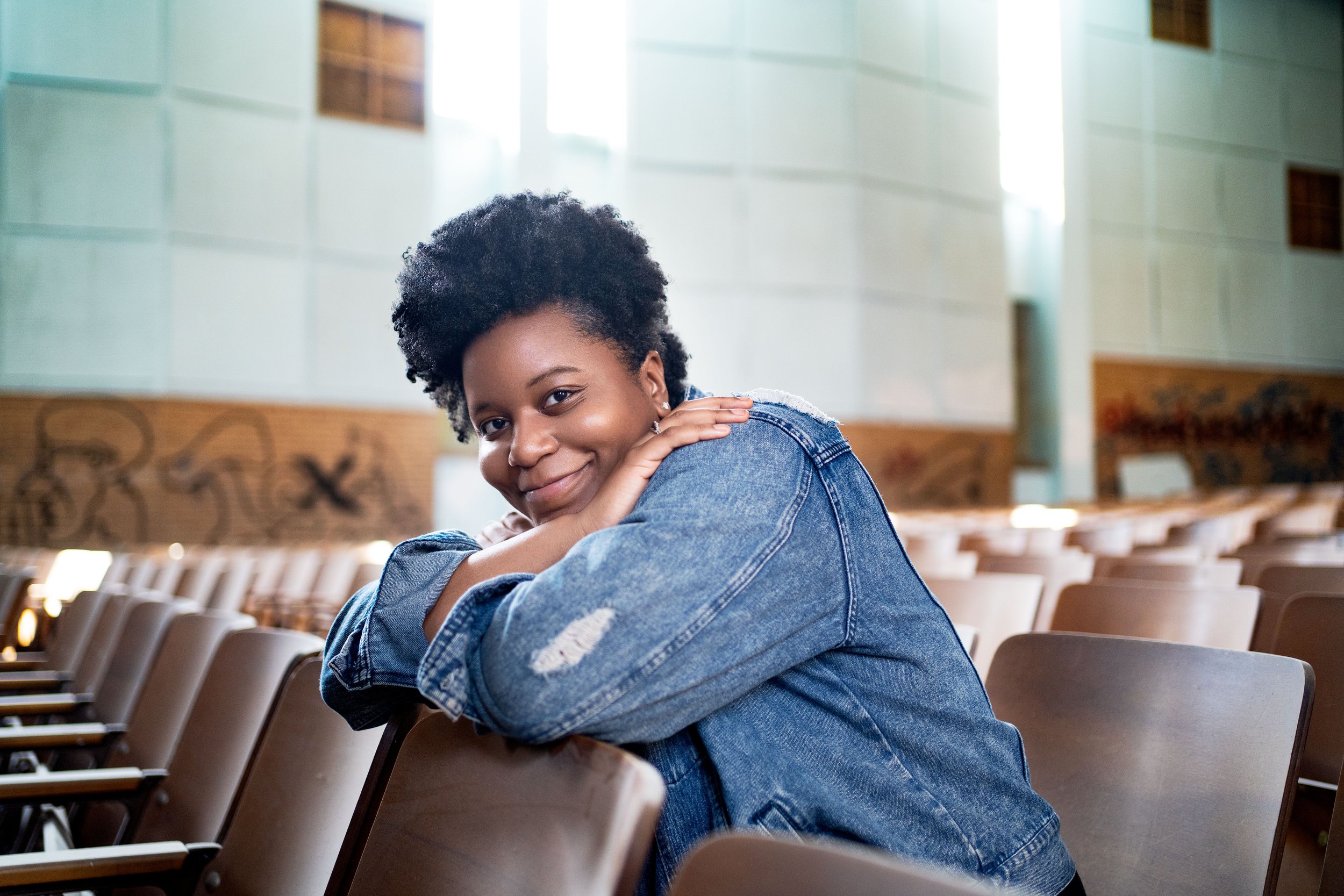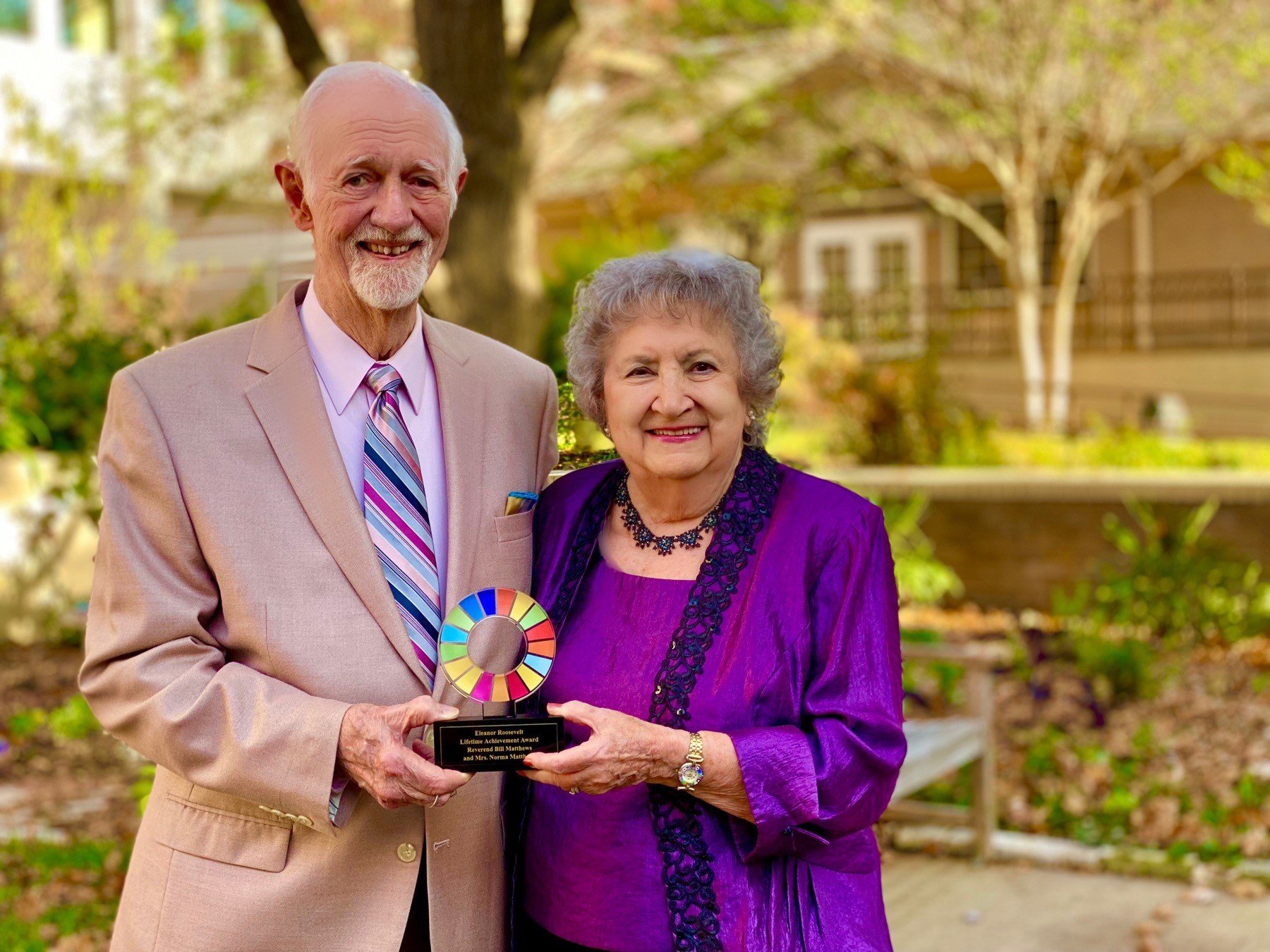Published June 22, 2021 at 8:56am.
Interview by Jan Osborn. Photos courtesy of Anne Chow.
As CEO of AT&T Business, Anne Chow is using her influence to promote equity and inclusion globally, as well as locally in the Dallas community. She lends her unique voice and experience to the United Way of Metropolitan Dallas, The Orchid Giving Circle at Texas Women’s Foundation, and the Advisory Council for the Dallas Mavericks, showing leaders across the city that biases can be overcome and big change is possible. In our interview, Anne shares about her childhood piano training at Juilliard, mentoring women leaders, and becoming the first woman of color to step into a CEO role at AT&T.
How did growing up as a daughter of Taiwanese immigrants shape your early experiences? Can you describe your childhood and tell us about your training at The Juilliard School?
My early experiences were shaped by my parents and their aspiration to pursue and realize the American dream. We lived simply, without an abundance of material things, but with a breadth and depth of interests, activities, and exposures. My parents wanted to ensure that both my little brother and I could develop skills, knowledge, and perspectives which would help us achieve our greatest potential and be our best. While traditional academics served as a foundation, we were also encouraged to pursue music, athletics, community service through scouting, and leadership opportunities. It wasn’t just about being good though, intrinsically, we were raised to always be mindful and purposeful about our impact on others – be good AND do good. Their support and sacrifices continue to inspire me and serve as motivation to keep blazing trails for progress.

No matter the area, topic, or forum, my childhood experiences laid the groundwork for resilience, grit, and perseverance—to ensure that I was doing the best that I could. My musical education is a perfect example of this. When I started taking piano lessons at age four, there was not a vision to go to music school. However, as I progressed, my teachers and parents saw potential in me and encouraged me to push myself. The years I spent at Juilliard Pre-College, from ages 10 through 17, taught me further discipline, the value of practice, the importance of time management, and the power of individualistic, authentic expression. In fact, in hindsight, my time at Juilliard taught me that while technical skills and proficiency are important, perhaps even more important is the individualistic artistic interpretation of any given piece of music. This is what separates good musicians from great ones. The great ones apply a level of authentic and emotional interpretation in their performance that uniquely enables them to connect with their craft (as well as their audience). These lessons have helped shape who I am as a leader—with a balanced focus on not only the what—but the why, how, and whom—in every situation.
Anne at her childhood piano.
In your technical engineering classes at Cornell University, you were often the only woman, and almost always the only woman of color. How did this experience impact your desire to create solutions around the gender and racial biases in the tech industry?
Throughout my time in tech—both in educational and professional environments, it was and is not uncommon to be the ‘only’ person of color, and/or woman of color in the room. I often encountered bias and challenges simply because I was different. It took me many figurative steps forward, backwards, and sideways coupled to develop a more informed and practical understanding of what was happening as well as what approaches to people would yield more positive outcomes. Through these experiences and the relationships I’ve developed, I’ve become more aware of unconscious bias as a leader and the need for focused, tangible actions in numerous facets of any group or organization to advance true equity and inclusion.
The business case for diversity has been made in countless ways, and there is much progress to be made. As leaders, we have an obligation and imperative to reframe bias—whether it’s our own bias, that of our people and teams, that which exist in our culture, and that which is embedded systemically in our processes. Unless we take action, we will not realize our fullest potential. I view it to be one of my greatest responsibilities as a leader to create an environment and culture where each and every team member belongs.
An example of my equity and inclusion leadership catalyst role is as the executive sponsor and co-champion of AT&T’s Women of Color Initiative. Through this initiative, high-performing women of color are invited to participate in an opt-in experience exploring how leaders like them achieve success, connect, and gain support. Participants and supervisors engage in separate cohort sessions to gain insights from peers, broaden their personal network and create an environment of inclusivity. I am also the executive sponsor for the AT&T Women of Business employee group. With 4,500+ members across the globe, this employee group has a mission to increase awareness of the positive impact and significant contributions women provide in business. AT&T Women of Business seeks to inspire all members, women, and men, to recognize their full potential.
You are the first female CEO of AT&T Business and the first woman of color TO step into the role of CEO at AT&T. What have you found to be the most challenging of being a “first”?
Truth be told, I never aspired to become “the first.” But midway through my corporate career, I realized that I stood out, because I was a woman of color. And I became much more cognizant of the responsibility I have to my communities and all those around me to do my best—to not only be good, but also always do good. One of my objectives is to constantly pay it forward—and I want to be sure that I’m not the “only” or the “last”. Much of my inspiration comes from future generations and my desire to help ensure that they have even greater opportunities than I did—that they can embrace their authentic selves, earlier in their careers and lives, being able to blaze new trails forward.
So much progress has been made since I entered the workforce 30 years ago, but there will always be more progress that can and should be made so that others don’t face the challenges that I did. For me, the greatest challenges were in the self-doubt I had because I was different. Rather than embrace what made me uniquely me, I spent a good portion of my early career in trying to overly assimilate, and I allowed others point of view too often overshadow mine. I allowed their biases to shake my confidence, which was clearly not productive or the right thing to do. Being first is just one way of being different. We need to embrace our individual and collective differences—it’s about listening to and learning from each other, seeking to understand each other so that we can align together, bringing our power forward in a united way to drive even greater progress, faster.

You recently spoke at a virtual event for Orchid Giving Circle, housed at Texas Women’s Foundation. You mentioned that it is possible for a woman to have it all, just not all at the same time. Can you give us an example of how this has played out in your own life, and how you are mentoring other leaders in this space?
The concept of ‘balance’ and ‘how to have it all’ is something that comes up often—whether in mentoring sessions, panel discussions, or keynote speeches. Frankly, it’s a timeless issue that perpetuates for all of us—and I believe that the notion of ‘balance’ is bogus. Life isn’t meant to be lived in balance. To attempt to separate your work from your life is impractical and pointless. Life is an optimization equation. At any given time, each person is looking to optimize on a set of priorities most important to them—whether they be personal and/or professional priorities. But you must first really be clear on what success looks like for you and what your true priorities are. And know that your priorities and view of success will change as your life moves forward. For example, in my twenties I was focused on my financial and social independence. As I moved into my thirties and decided to expand my family with a husband and two daughters, my priorities changed significantly.
As my career journey has progressed, I expanded my aperture for doing good and got even more involved in the community as I saw that my leadership experiences and perspectives could help other organizations and causes be successful. Mentoring is a big part of paying it forward, and whether in 1-1 relationships, in group discussions, or in episodic opportunities through events, listening is key. Each person is motivated and inspired by something different in their lives—and in order to help them “optimize” their choices (vs. “balance”), I find that you’ve got to get to know them, well beyond the professional domain.
AT&T has long been a leader of social good and change in the Dallas community. How do your personal values align with AT&T to prioritize that giving? You launched a series called “Candid Conversation” that invites speakers from various backgrounds to share how their social identities have shaped their experiences in corporate America. How do you believe that these conversations will spread awareness of unconscious bias at AT&T and encourage listeners to reflect on their words and actions?
AT&T has long been known as a diversity, equity and inclusion leader as well as an active leader in the community—whether locally, nationally, or globally. Throughout my career, my personal values have aligned well with its corporate values to: Live true. Think big. Pursue excellence, Inspire imagination. Be there. Stand for equality. Embrace freedom. And importantly, make a difference. In fact, much of my leadership impact has been enabled by my experiences as an AT&T executive as has AT&T’s engagement been supported by my personal perspectives and unique contributions.
As an example, I recently launched Candid Conversations—a forum where I sit down and have candid discussions—often uncomfortable—with employees of diverse backgrounds from across the organization about their experiences on topics like race, bias and stereotypes. I created this series because I strongly believe that progress begins with dialogue which requires listening and learning. Conversations must be candid, courageous, transparent, authentic and as such incredibly uncomfortable if we are to make progress together. Through these conversations, each of us will be better informed on what words and actions we can each take to work towards a more diverse, inclusive, and equitable environment for each and every member of the team. I’m encouraged by the further conversations and progress that the initial discussions have had—serving as a force multiplier of sorts for openness, candor, and the growth of a truly inclusive culture.
In the book you co-wrote with Pamela Fuller and Mark Murphy, The Leader’s Guide to Unconscious Bias: How to Reframe Bias, Cultivate Connection, and Create High-Performing Teams, you focus on authentic connections at the individual level, the interpersonal level, and also in the larger team structure. How do you hope that readers will take action within their own spheres of influence?
>
“There is no such thing as failure. There is only success and learning.”
A colleague of mine gave an incredible compliment upon finishing the book – he shared his perspective that our book was one to be studied and not read. I hope that each person who desires to create and sustain high performing teams studies their own behaviors and perspectives, and importantly seek to understand the origins of their words and actions. The intent of our book is to provide helpful frameworks and exercises to encourage this so that leaders can become more effective in how they engage and collaborate with others – and how they look to implement their own set of initiatives which help shape a culture of equity, inclusion, and high performance. As we shared in the book, to be human is to have bias – and thus, the topic of bias is a vital one if we are to establish meaningful and sustainable connections with each other.
You are known for your “Chowisms” as CEO. Can you give us a couple of examples of these original quotes and motivations?
“Life is about relationships – be sure to seek and foster meaningful ones.”
“There is no such thing as failure. There is only success and learning.”
“Balance is bogus. Life is an optimization equation”
“Be Real. Be True. Be You.”
“Find a path to become your most fit self—body, mind, heart and soul. When we embrace our authentic selves and unleash the greatness within, we can more fully enable the greatness in those around us.”
“I believe that leadership is all around us, and the potential for greatness lies within everyone. We’ve each been given the ultimate gift of this one life to live. Make a difference and leave a legacy that makes the world a better place…for everyone.”
“You can aspire to and become anything you want. Your dreams can become reality. You have no limits except those you place on yourself. Consciously push through self-doubt to be all you can be.”
Lastly, as an east coast native, how has Texas grown on you the past six years? What are some of your favorite spots in the Dallas area?
Texas has grown on us in so many good ways. In fact, growth is the perfect word – whether it’s about the business climate, the commitment to the community, the evolving climate for innovation, learning, and progress, or the ever-evolving landscape that is becoming increasingly more and more diverse. Some of my favorite areas include our own town of Southlake, Deep Ellum, Klyde Warren Park and the Performing Arts District, the Dallas Arboretum, downtown historic district including the new AT&T Discovery District, AT&T Stadium, American Airlines Arena, and yes, DFW International Airport when it comes to major metro airports around the country, is a favorite!
Featured
More Good Stories
Featured
When Kathy and Larry Helm heard about The Senior Source’s 60th Birthday Diamond Dance-Off, they knew they had to put on their dancing shoes! For the Helms, this event combined two of their passions into one. Celebrating and supporting The Senior Source, a Dallas-area nonprofit that has been serving older adults for 60 years, and dancing together, which they have been doing since they were high school sweethearts. Both Kathy and Larry have chaired the board of directors of The Senior Source and have been proud supporters since 1998. It seemed only fitting they should be voted into the finals to dance on stage at Klyde Warren Park this past summer.
In 2020, more than 912,000 women were diagnosed with some form of cancer in the United States alone. During that same pandemic year, countless medical appointments were canceled while people were social distancing, and yet still each day nearly 2,500 women heard the news, “you have cancer.” There is no doubt that these words can be crushing to hear, but what’s equally crushing is the lack of tangible, encouraging support that exists to help women feel beautiful, strong or “normal” before, during and after cancer treatment.
When Tom Landis opened the doors to Howdy Homemade in 2015, he didn’t have a business plan. He had a people plan. And by creating a space where teens and adults with disabilities can find meaningful employment, he is impacting lives throughout our community and challenging business leaders to become more inclusive in their hiring practices.
Have you ever met someone with great energy and just inspired you to be a better you? Nitashia Johnson is a creator who believes by showing the love and beauty in the world it will be contagious and make an impact. She is an encourager and knows what “never give up” means. Nitashia is a multimedia artist who works in photography, video, visual arts and graphic design. Her spirit for art and teaching is abundant and the city of Dallas is fortunate to have her in the community.
The United Nations Association Dallas Chapter (DUNA) honored Rev. Bill and Norma Matthews for their ongoing commitment, helping advance the United Nations Sustainable Development Goals agenda by promoting peace and well-being.
